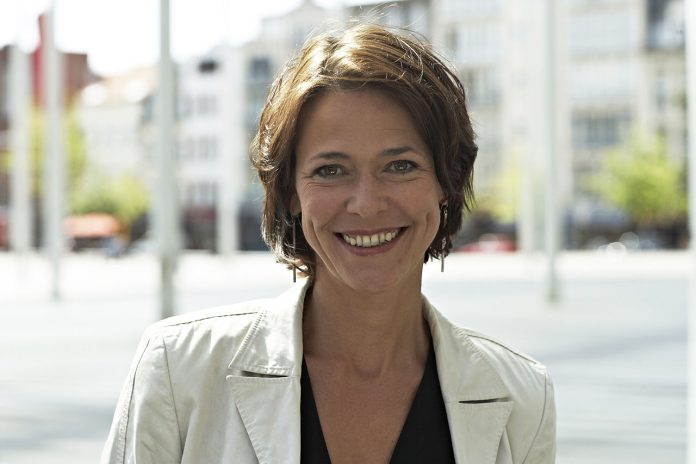On Tuesday, the special committee elected Kathleen Van Brempt as its Chair, alongside four Vice-Chairs, and will commence its review of the EU’s response to the pandemic.
On 10 March 2022, the European Parliament established a new special committee on the COVID-19 pandemic, composed of 38 members. The committee is set up for a 12-month term, running from the date of its constitutive meeting, and may be extended.
Specifically tasked with looking into how the European response to the pandemic and the lessons learned can contribute to future action in a variety of EU policy areas, the new committee held this afternoon its constitutive meeting, and its members elected by acclamation the following committee leadership: Chair: Kathleen Van Brempt (S&D, BE), First Vice-Chair: Andreas Glück (Renew Europe, DE), Second Vice-Chair: Ewa Kopacz (EPP, PL), Third Vice-Chair: Michèle Rivasi (Greens/EFA, FR), Fourth Vice-Chair: Karol Karski (ECR, PL).
The majority of the special committee’s work will focus on four pandemic-related areas: health; a coordinated response respecting democracy and fundamental rights; the societal and economic impact; and the EU and the world. Full details on its objectives and tasks are available here.
The first ordinary meeting of the special committee is planned for 11 May.
Following the election, COVI Chair Kathleen Van Brempt said: “Although this pandemic has not yet ended, Europe already finds itself in the next crisis. In the past fifteen years, the EU has weathered a financial crisis, a refugee crisis, a pandemic, and now a war. Through these crises, we saw the EU often lacked the necessary tools to act quickly. We saw member states only agreeing a European response when it was already too late, be it on the joint procurement of medical equipment, a common European migration policy, or the deepening of the Energy Union. This has brought us the European Union we know today: one that can react to crises, but lacks the political mandate to prepare for them.
We need to fundamentally change this dynamic. This is exactly what Parliament’s COVI committee will try to achieve: building a Europe that is better prepared for future crises by drawing lessons from the pandemic. Because COVID-19 was also a crisis of rising inequality, of the economy, our democracy & fundamental rights, and of international governance, the COVI committee will consider the impact of the pandemic on all aspects of society.
We will take stock of what we have learned over the past few years and be the driver of profound changes in Europe’s crisis management, to ensure at the next crisis that Europe’s future leaders are better equipped than we were.”

